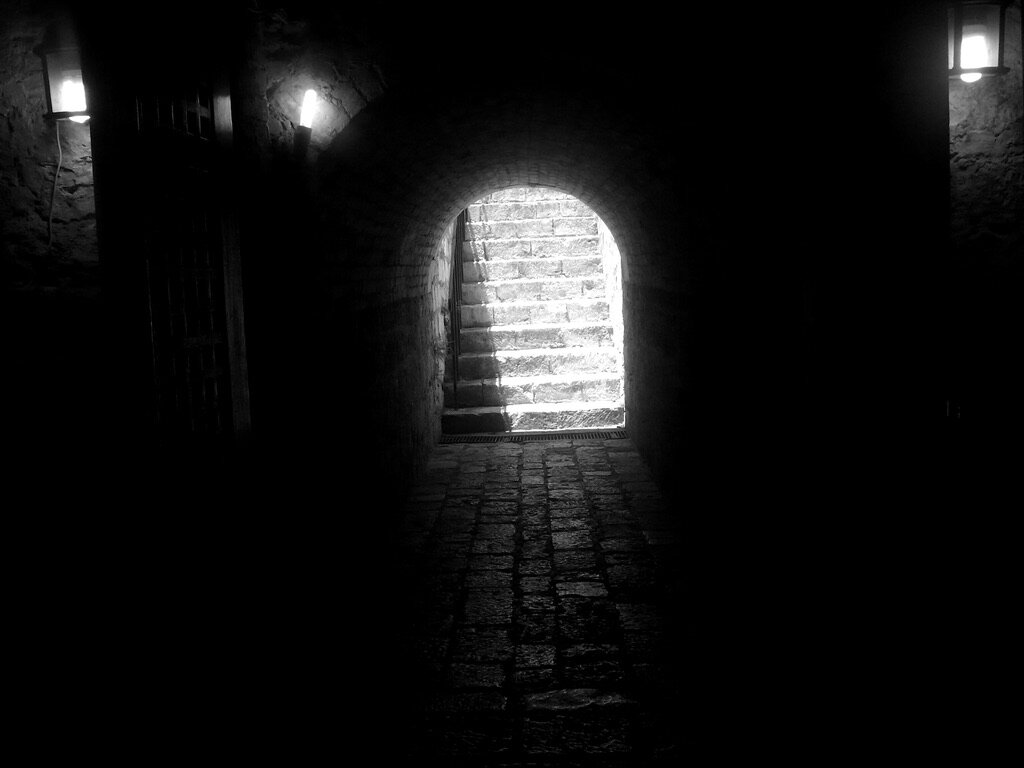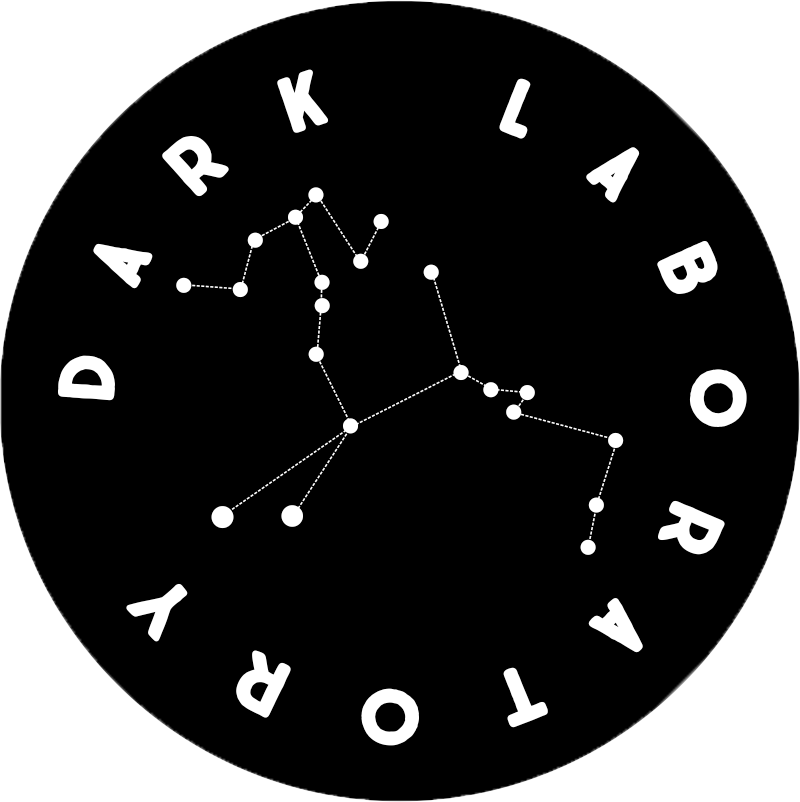
Stolen Life. Stolen Land.
2020 waS A moment of Global Reckoning. What is the definition of race in the 21st century?
AT Dark Lab, we begin with the crossroads of the dispossession of Native sovereignty and African enslavement across the americas as a nexus of possibility.
Philosophy
Dream.
Dark Laboratory is an engine for collaboration, design, and the study of race and ecology through creative technology. It is a collective situated at the intersection of scholarship, artistic praxis to examine non-linear storytelling by centering local and global non-profit community institutions as educators.
Design.
For Dark Laboratory the question of rural life involves a deep meditation on the land as a storyteller. With an eye toward personal geographies and the layered, sedimented presences of race in the United States, we consider Black and Indigenous grounds of burial and the haunting of empire in the landscape.
Cultivate.
As a laboratory devoted to humanistic inquiry, we examine entangled debates regarding stolen lands and stolen life at the crossroads of the University in relation to surrounding ecologies and communities. Dark Lab centers the relationality of town and gown to reframe the production of knowledge. How might embodied forms of storytelling such as weaving, cooking, ceremonial dance, and even singing lullabies be forms of knowledge?
coalition.
We consider the centuries-long deep and clandestine itineraries of fugitivity and in coalition across the Americas at the edges of the plantation. How, we ask, does nature continue to function as refuge for these coalitions? Of deep interest to Dark Laboratory is the Underground Railroad in Upstate New York as an ongoing site of and monument to Black fugitivity and resource.
Research.
We are hiring members from underserved and marginalized communities to be trained in research methods. Dark Laboratory provides consulting services and data-driven dossiers on the ethics of cultural representation in Hollywood cinema, corporate mascots, and cultural audits of institutional histories.
Learn.
Our philosophy is to learn from non-Western traditions about how to tell a good story. Good has meaning in the sense of the “common good,” ethical grounds, and the value of being an engaging storyteller using multimedia. We begin our inquiry in Upstate New York and Haudenosaunee homelands to ask difficult questions about the layers of Native dispossession and African enslavement foundational to the Western hemisphere.
Trois Islets, Martinique. Photo Credit: Tao Leigh Goffe.


